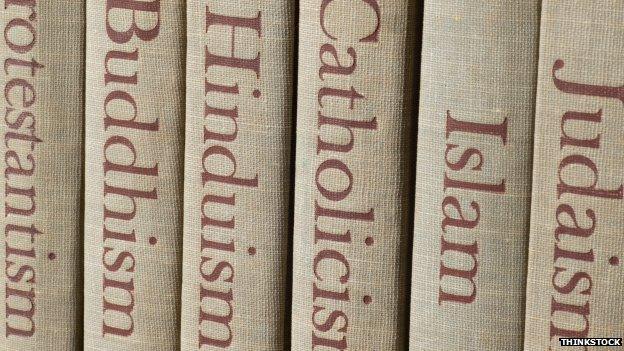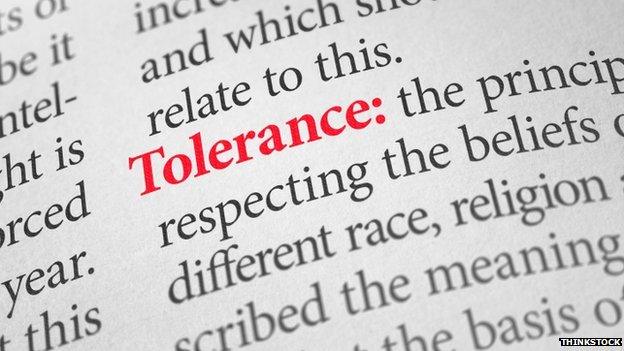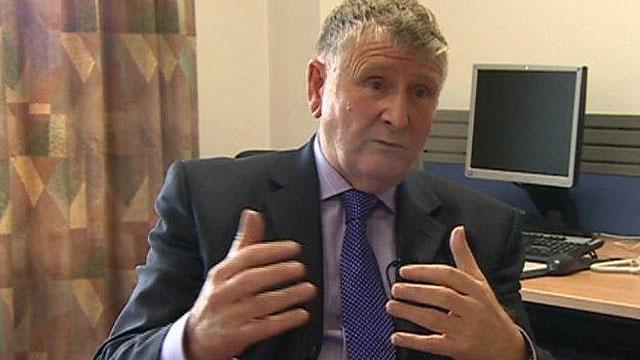Welsh Religious Education shake-up 'may appal some'
- Published

Religious Education could be merged with ethics and philosophy
Proposals to "rename" Religious Education in Wales have raised concerns from faith groups.
Education and Skills Minister Huw Lewis told the Senedd he would support plans to rebrand the subject as "religion, philosophy and ethics" last month.
The Welsh government said a new curriculum could help "develop respect and understanding for other cultures".
But what difference would the potential shake-up make to how Religious Education (RE) is taught in schools?
The government is looking at a revamp of the curriculum for all subjects, in line with recommendations made by Professor Graham Donaldson in his Successful Futures report, external.
Mr Lewis said the potential changes to RE could encourage pupils to also consider "ethics and citizenship" and "what it means to be a citizen of a free country".
The move has been welcomed by the Humanist Society, which represents non-religious people.
But faith groups have criticised the proposal with Rheinallt Thomas, former head of the national religious education centre, claiming there will be a campaign against it.
Education and Skills Minister Huw Lewis talks Religious Education changes in the Senedd
Former Cardiff head teacher and Methodist lay preacher, David Kitchen, told BBC Radio Wales: "Some people will be appalled because they will see it as dilution".
However, he said the repositioning of RE could be "interesting", pointing to the clear link between the big questions in philosophy and religion.
"The problem will be there is an enormous territory," he added. "You could have something that's woolly and flaccid and, frankly, a bit dull."
Challenge
The education minister said schools needed to "rise to the challenge" of improving community cohesion, when outlining his vision to the Senedd in mid July.
In response to a question about tackling extremism, Mr Lewis said: "My proposal...my contention would be that we rename the RE curriculum and transform it into the religion, philosophy and ethics element of the curriculum".
He said there would be an "an explicit commitment to allowing children to ponder ideas around ethics and citizenship and what it means to be a citizen of a free country".
But Saleem Kidwai, secretary general of the Muslim Council of Wales, said only effective RE teaching could create a "better understanding" of the "similarities and values" of different faiths.
He said positioning RE alongside the other suggested subjects would not be helpful.
"Ethics and philosophy are part of my religion. So, if religion is taught properly then it will encompass all of those things," he added.
"The same goes for the Jewish and Christian community and other faith communities."

It is hoped the changes to the RE curriculum could improve "community cohesion"
The teaching of RE is currently a statutory curriculum requirement for pupils from reception onwards, as part of humanities. It would remain so under the recommendations.
The Welsh government has invited schools to apply to become "pioneer" institutions, which will help to shape the "detailed design and the development of the new inclusive curriculum" across all subjects.
"These schools will draw in experts to help them shape all aspects of the new curriculum, including statutory Religious Education, philosophy and ethics within the humanities area of learning and experience," a spokesman said.
It is expected the new curriculum will be in place in seven to eight years.
- Published12 March 2014

- Published15 December 2014
